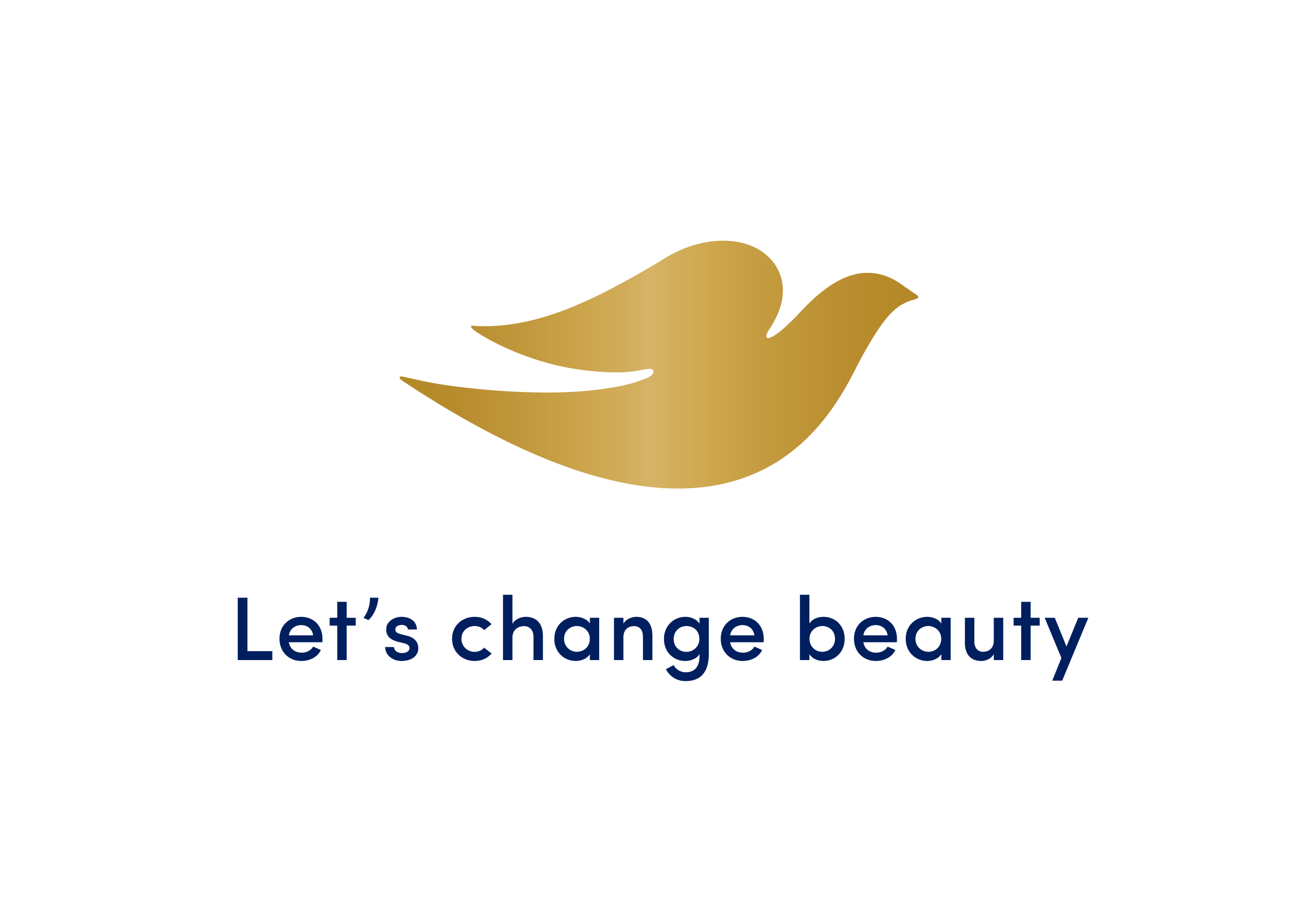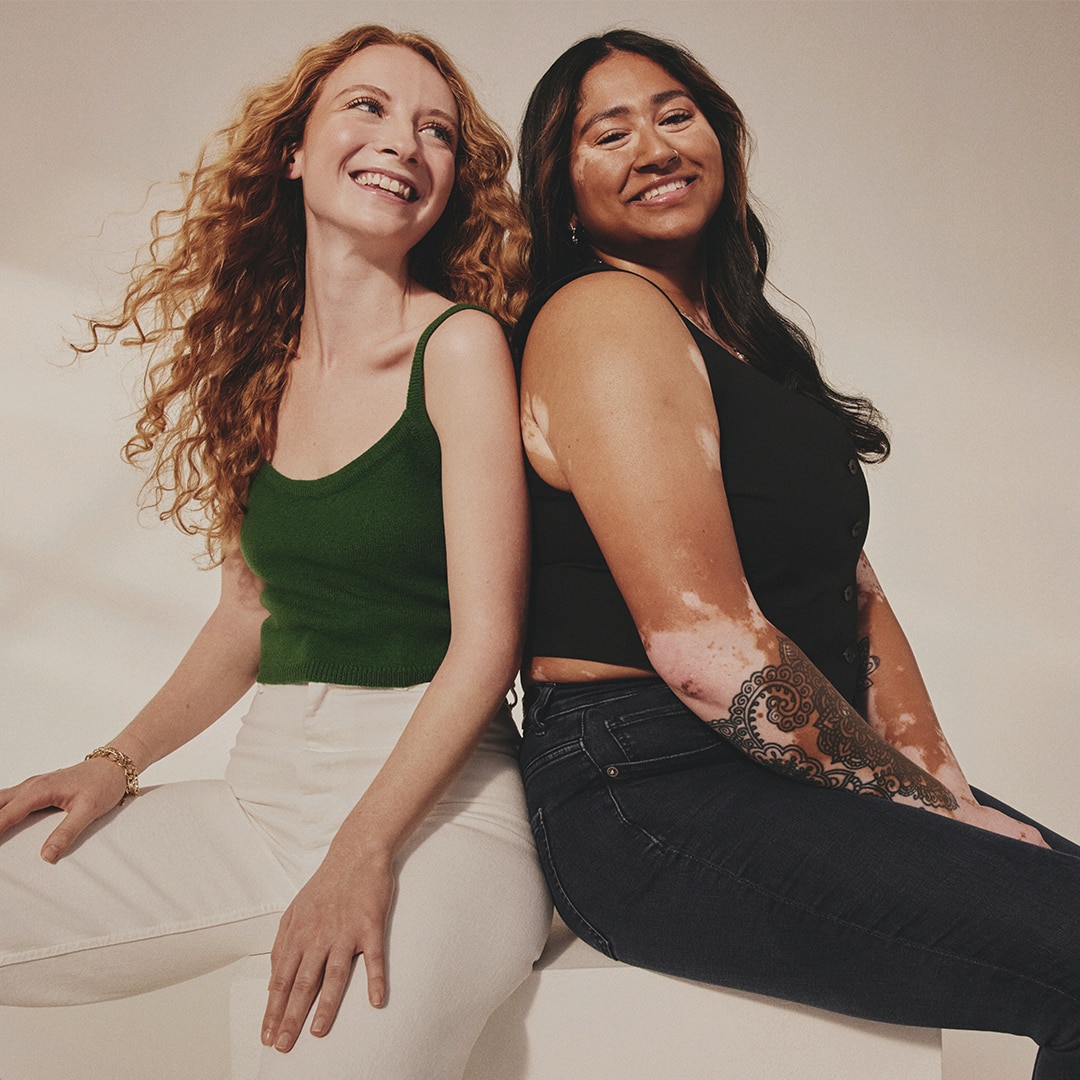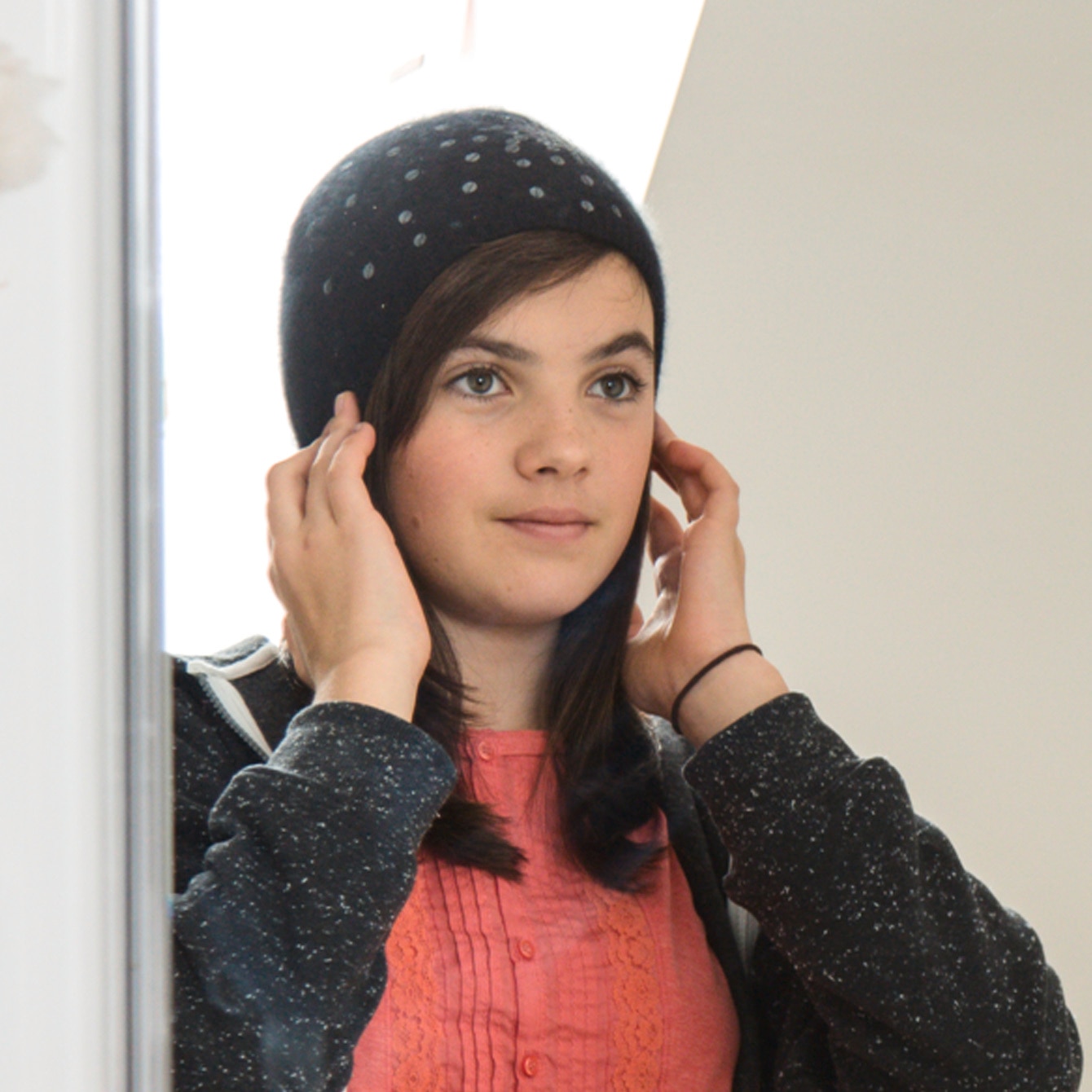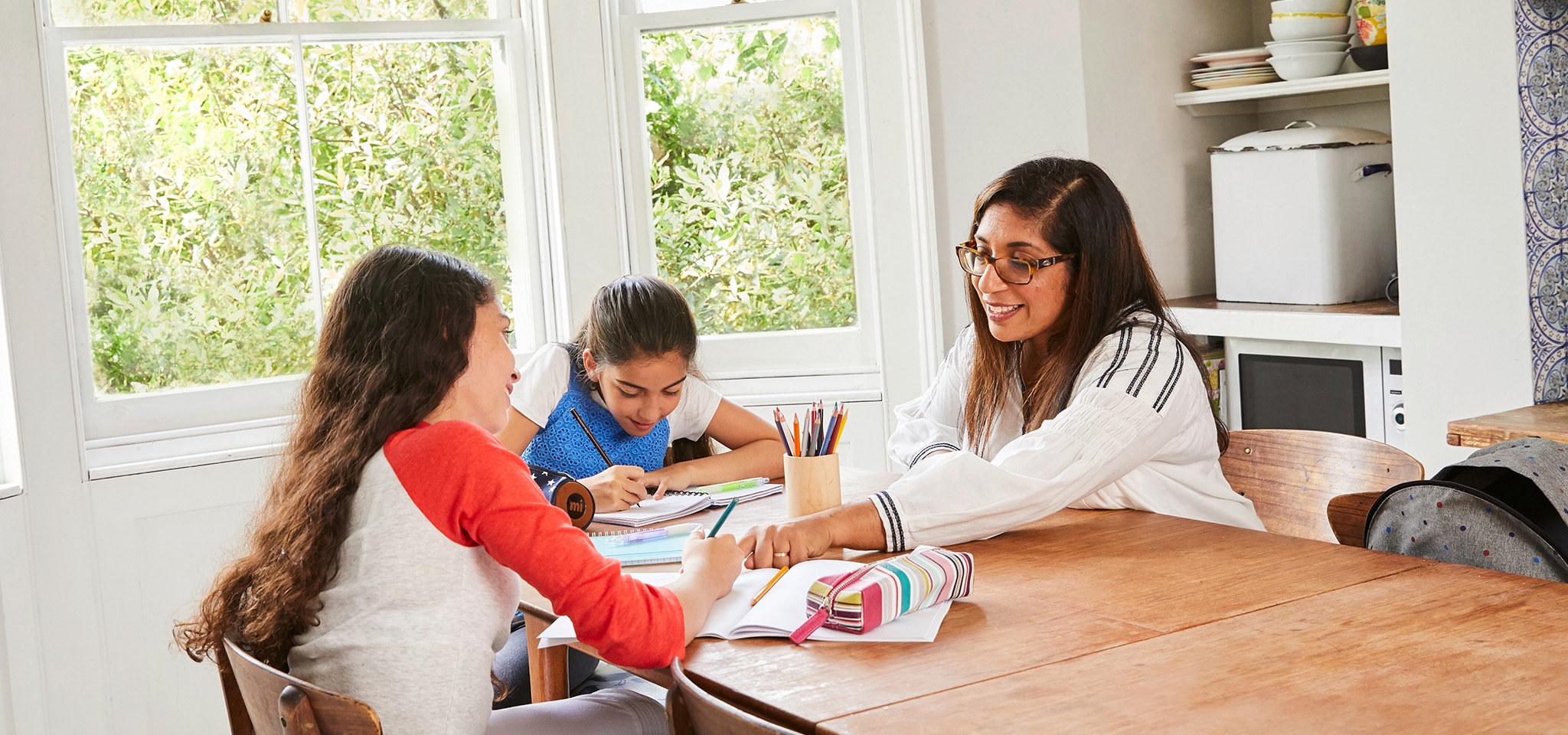Growing up is full of ups and downs – especially when puberty hits. We want to make it easy for you and your daughter to walk through this time of change together by providing helpful advice, tips and resources.
What is puberty?
Let’s start with the basics – what is puberty and at what age do girls start puberty? For most girls, puberty begins around age 11 or 12, but it can start as early as 8 or as late as 18 – everyone is different, so don’t worry if your child reaches puberty before or after their friends. During this time, girls begin the transition from childhood to adolescence, going through a few different stages of puberty. They may experience mood swings, irritability, as well as a whole range of bodily changes as the key signs of puberty. It’s a lot for young girls to go through alone, which is why we want to equip you with the knowledge and tools to help guide them through this time.
What does puberty look like and how might your child’s body change?
While some girls see “teen” changes as an exciting phase in growing up, many wonder if what they’re experiencing is normal, especially if they’re the first or last in their class to spot the signs of puberty.
Body changes during puberty can happen quite quickly, so it’s no wonder some young people can feel overwhelmed by them. With the arrival of periods, body hair, and changes in shape, it’s common for girls to feel like their body is becoming unrecognisable. Other signs of female puberty can be: oilier skin and hair, and spots appearing on their face, chest or back. Unsurprisingly, these changes can have a big impact on their body confidence and self-esteem.
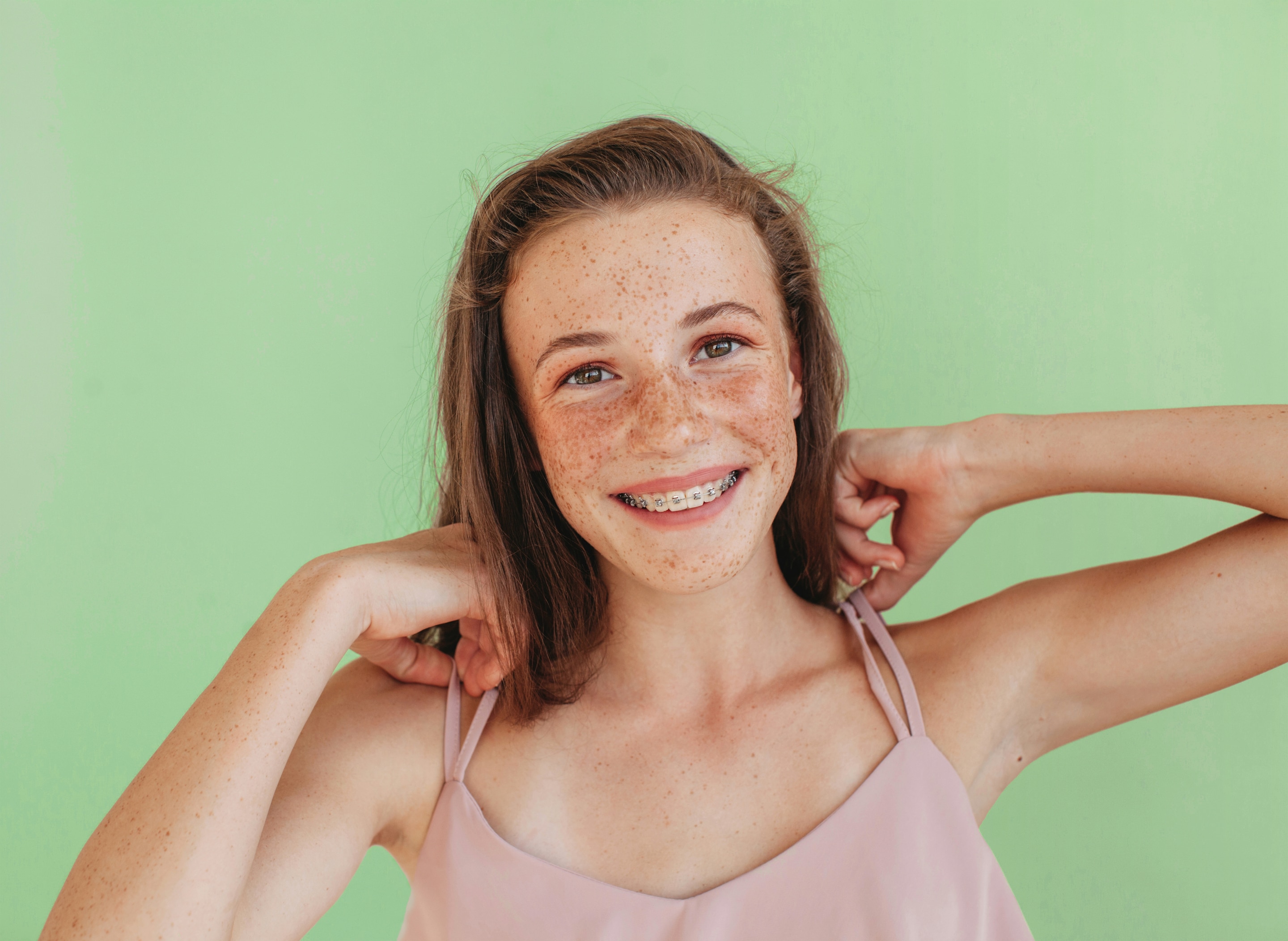
Tips for starting the conversation
"Early is usually best when it comes to puberty-related conversations," advises Dr Christina Berton, self-esteem expert and founder of the Amara Pro Self-Esteem Foundation. "Avoiding the topic could send her a message that you don't think she's mature enough emotionally to discuss it, which can be at odds with her rapidly physically maturing body. The earlier you open up some honest discussions about puberty, the easier it will be for her to talk to you when she needs to.”
So, when the time is right, it’s important to give your daughter as much space to talk as possible. Be sure to use open-ended questions that require more than a 'yes' or 'no' answer, for example:
- What changes have you noticed in your body recently?
- How much have you talked about bodily changes during puberty at school?
- How much do you know about what happens when you start your period?
This will help her open up about the uniqueness of her experience, as well as voice any concerns she has.
Share your experience and how it made you feel
Once you’ve chatted things over and she’s feeling more comfortable, it’s the perfect time to share your experience of puberty and how those changes made you feel. By being open and honest with your daughter in the early stages of puberty and helping to demystify the changes she's experiencing, you’ll give her a sense of control and empowerment. Showing her that you understand the ups and downs of teenage life will help her feel like you’re on her side, no matter what. Plus, finding out how you overcame the challenge of change will provide her with a positive role model to keep in mind when she’s feeling down.
Help them feel confident despite the changes
Throughout this time, you’ll be supporting her emotional as well as physical development, building her self-esteem and laying the foundations for her to love and care for her body. Showing her that there is more to beauty than the way someone looks is vital in helping her stay confident throughout all of the changes that puberty in girls brings.
